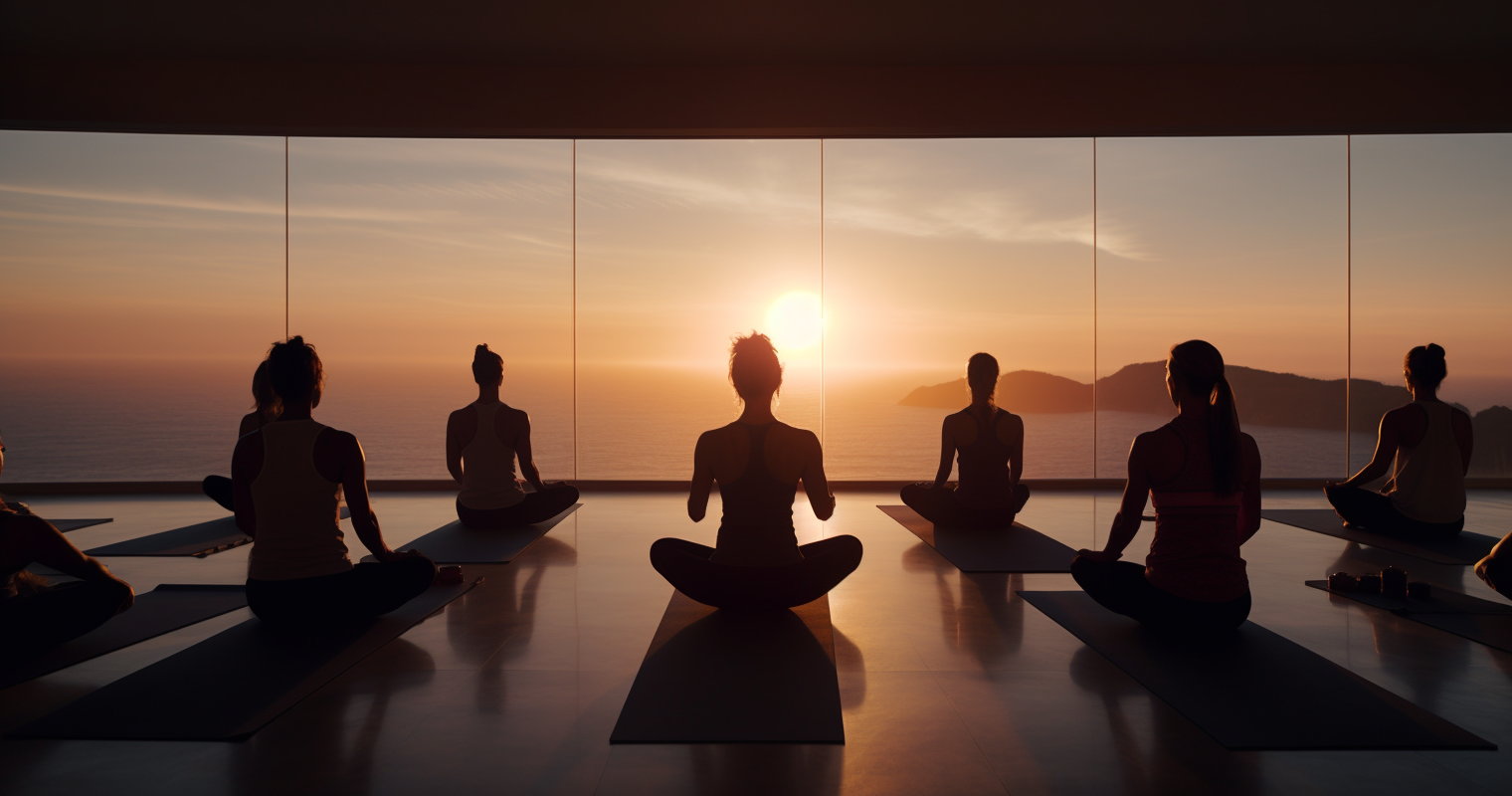Overview of Complementary and Alternative Medicine in Germany
Complementary and Alternative Medicine (CAM) has a long history in Germany and is widely used as a complement to conventional medicine. In Germany, CAM is often referred to as “Naturheilkunde,” which translates to “natural healing.”
CAM in Germany includes a wide range of practices and therapies, such as acupuncture, herbal medicine, homeopathy, and naturopathy, among others. Many Germans turn to CAM for a range of health issues, from chronic conditions to minor illnesses and stress relief.
Acupuncture in Germany
Acupuncture is a form of CAM that involves the insertion of thin needles into specific points on the body to stimulate the flow of energy and promote healing. In Germany, acupuncture is widely used as an alternative to conventional medical treatments.
One organization that supports acupuncture in Germany is the German Acupuncture Society (DÄGfA). The DÄGfA was founded in 1951 and works to promote the practice of acupuncture in the country. They provide training and support to acupuncturists and advocate for the recognition of acupuncture as a legitimate form of healthcare.
Herbal Medicine in Germany
Herbal medicine is a form of CAM that uses plants and plant extracts to treat illnesses and promote healing. In Germany, herbal medicine is widely used, and many Germans turn to natural remedies before seeking conventional medical treatment.
One organization that supports herbal medicine in Germany is the German Society for Phytotherapy (GPT). The GPT was founded in 1978 and works to promote the practice of herbal medicine in the country. They provide training and support to herbalists and advocate for the recognition of herbal medicine as a legitimate form of healthcare.
Homeopathy in Germany
Homeopathy is a form of CAM that uses highly diluted substances to stimulate the body’s natural healing abilities. In Germany, homeopathy is widely used and is often prescribed by conventional medical doctors.
One organization that supports homeopathy in Germany is the German Central Association of Homeopathic Physicians (DZVhÄ). The DZVhÄ was founded in 1829 and works to promote the practice of homeopathy in the country. They provide training and support to homeopaths and advocate for the recognition of homeopathy as a legitimate form of healthcare.
Naturopathy in Germany
Naturopathy is a form of CAM that focuses on the use of natural remedies and lifestyle changes to promote healing and wellness. In Germany, naturopathy is widely used as an alternative to conventional medical treatments.
One organization that supports naturopathy in Germany is the German Association of Naturopathic Doctors (FDH). The FDH was founded in 1950 and works to promote the practice of naturopathy in the country. They provide training and support to naturopathic doctors and advocate for the recognition of naturopathy as a legitimate form of healthcare.
Regulation of CAM in Germany
In Germany, CAM is regulated by the Federal Ministry of Health. The Federal Ministry of Health is responsible for setting standards for the practice of CAM and ensuring that practitioners are properly trained and licensed.
To practice CAM in Germany, practitioners must be licensed by the Federal Ministry of Health. The licensing process involves demonstrating competency in their chosen form of CAM, as well as meeting other requirements, such as continuing education and adherence to ethical standards.
Challenges Facing CAM in Germany
Despite the growing popularity of CAM in Germany, there are several challenges facing the practice of CAM in the country. One of the main challenges is the lack of regulation and standardization of CAM practices.
While the Federal Ministry of Health regulates the practice of CAM, there is still a lack of standardization in the training and licensing of CAM practitioners. This can lead to inconsistencies in the quality of care provided and can make it difficult for patients to find qualified practitioners.
Another challenge facing CAM in Germany is the lack of integration with conventional medicine. While some healthcare providers may refer patients to CAM practitioners, there is still a lack of collaboration between CAM and conventional medicine.
Additionally, there is a lack of scientific evidence to support the efficacy of some CAM practices. This can make it difficult for patients and healthcare providers to determine which CAM therapies are effective and safe.
Complementary and Alternative Medicine (CAM) is widely used in Germany as a complement to conventional medicine. Acupuncture, herbal medicine, homeopathy, and naturopathy are all popular forms of CAM practiced in the country.
Despite the challenges facing CAM in Germany, such as the lack of regulation and integration with conventional medicine, CAM continues to play an important role in the healthcare system of the country. Organizations such as the German Acupuncture Society, the German Society for Phytotherapy, the German Central Association of Homeopathic Physicians, and the German Association of Naturopathic Doctors are working to promote and regulate the practice of CAM in the country, providing training and support to practitioners, and advocating for the recognition of CAM as a legitimate form of healthcare. The Federal Ministry of Health is also working to regulate and standardize the practice of CAM in the country, ensuring that patients have access to safe and effective CAM therapies.

